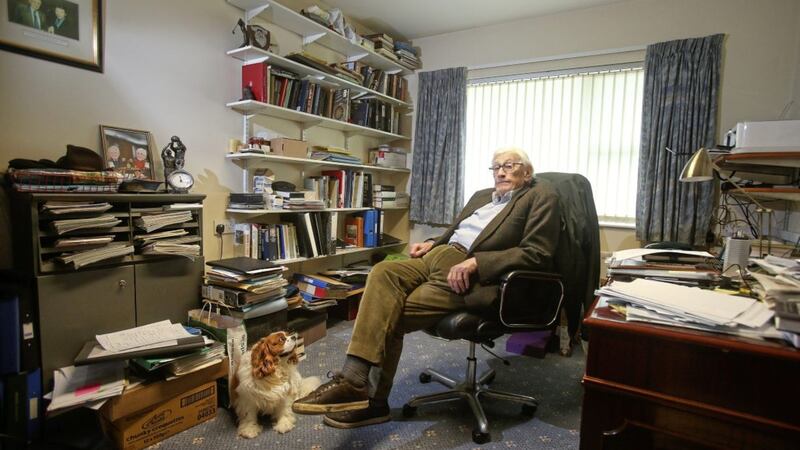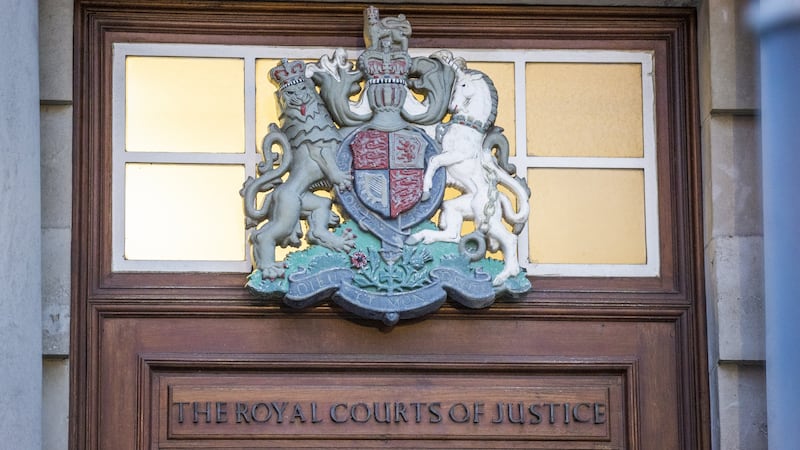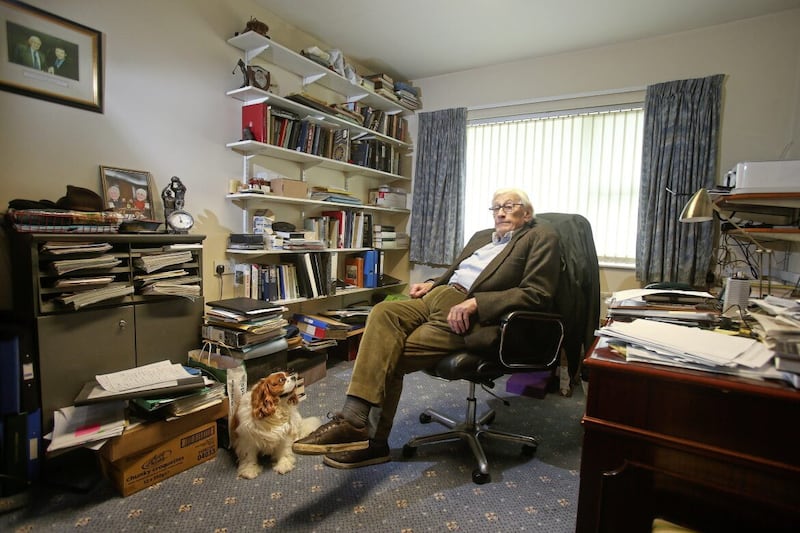Nationalists must show “generosity” if they are to convince unionists to back a united Ireland.
Former Deputy First Minister Seamus Mallon makes the appeal in a new book about his life.
‘A shared Home Place’ has been co-authored by veteran journalist Andy Pollak.
Through its pages the former SDLP deputy leader outlines his vision for how a unity poll could take shape.
The book traces Mr Mallon’s rise in politics and outlines his blueprint for moving towards a united Ireland.
From an area of Co Armagh drenched in the politics of the planter and Gael, Mr Mallon was brought up in village of Markethill in Co Armagh where he continues to live.
In the book he reflects not only on his political career but also on his early life and the friendships he forged with Protestant neighbours in the mainly unionist village.
In this part of the north echoes of the past are everywhere and even from his living room window Mr Mallon is reminded of centuries old divisions.
An ancient road taken by Hugh O’Neill’s army after the native Gaelic forces defeated the English at the battle of Yellow Ford in 1598 runs through his front garden.
The former school teacher, who counts former Spurs and Northern Ireland goalkeeper Pat Jennings as an ex-pupil, reveals that three uncles on his mother’s side were active in the IRA in Co Donegal between 1916- 1923.
His uncle Sam, a former OC of the East Donegal Brigade, spent time in Lincoln Prison with Eamon de Valera.
Mr Mallon fell into politics almost by accident in 1973 when a candidate pulled out of the local elections just hours before the nomination deadline.
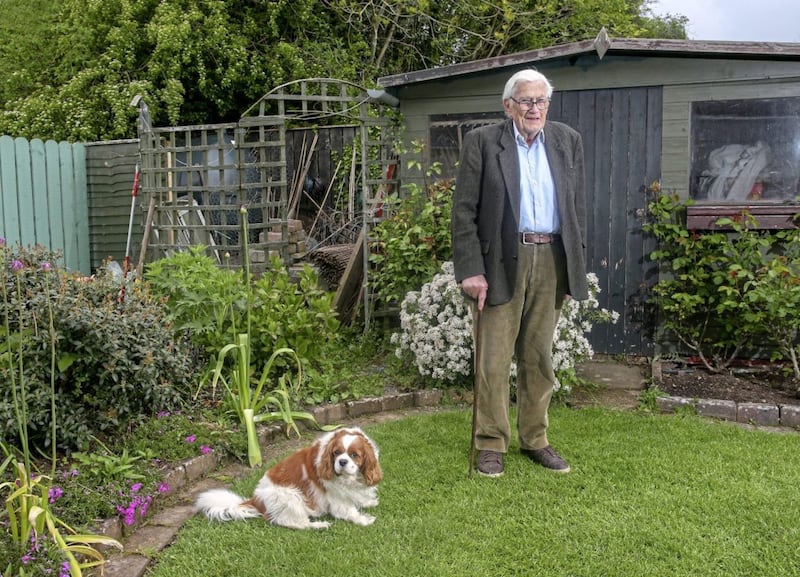
Unable to find a replacement Mr Mallon borrowed the £25 fee from a local businessman in Armagh and lodged his papers before nominations closed.
From there he rose to become a significant figure in the Irish peace process and was at the heart of negotiations which eventually led to the 1998 Good Friday Agreement.
Controversially, the former politician now suggests that the type of border poll envisaged under that agreement may not be the best way to achieve a peaceful transition to a united Ireland.
Under the terms of the GFA a united Ireland a border poll must be ordered by a secretary of state.
As it stands a simple ‘50 percent plus one’ majority is required to carry such a vote.
The seasoned politician has raised concerns about the prospect of a simple majority and argues that this part of the agreement must be changed through a review mechanism in the GFA which can be triggered by the Irish and British governments.
Mr Mallon suggests that the use of Parallel Consent, which requires unionist and nationalist agreement and is already in use at Stormont, can pave the way to peaceful unity.
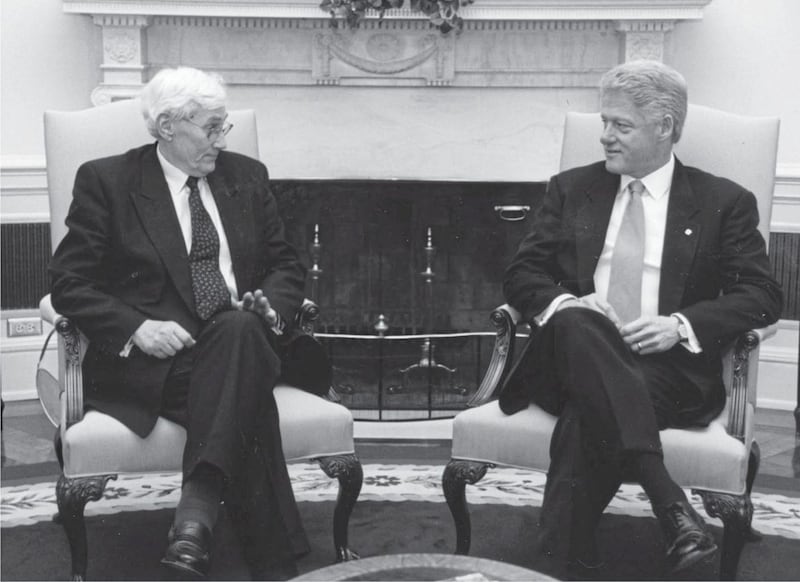
“The analysis for the future is based on the Good Friday Agreement,” he said.
“It says that Irish unity can only be got by consent and agreement.
“If you take that as the guideline, then you ask yourself ‘how do you get consent and where do you get it from’?
“You get it from the unionist population. You have to get that agreement.”
Mr Mallon says that winning any poll by a small majority may bring its own difficulties.
He warned that “it would be not creating Irish unity to create another dissatisfied minority in an all-Ireland situation”.
He also accepts there may be other ways to reach an agreed united Ireland.
“I don’t say that’s (Parallel Consent) the answer to all the prayers but I am saying is that we have to measure the unionist agreement and how do we measure it?
“Parallel Consent is one way.”
“It’s one way of doing it, it’s one way that might work but it’s not the only way.”
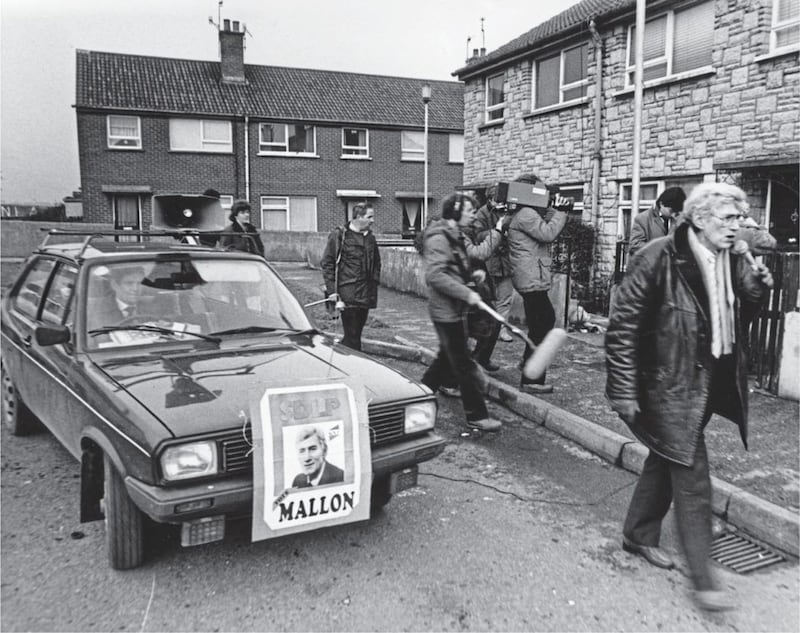
While many nationalists assume there is support for unity in the south of Ireland, Mr Mallon believes it is absent at the present time.
“Not only is it not there but don’t bank on the south in terms of a majority now at this moment.”
The 82-year-old warns nationalists that if they are to succeed in persuading unionists of the merits of a united Ireland they will have to show “generosity”.
“We have got to inform ourselves of how is the most generous way we can be generous to unionism despite the fact that they didn’t give any generosity to us,” he said.
“That’s what we all have to ask ourselves.”
He said that understanding history is one way of helping to understand the future.
“One of the problems is that unionists don’t know history," he says.
“They have never been taught it, they have never been taught Irish history.
“They have never been taught their own history.
“So that that makes it more difficult.”
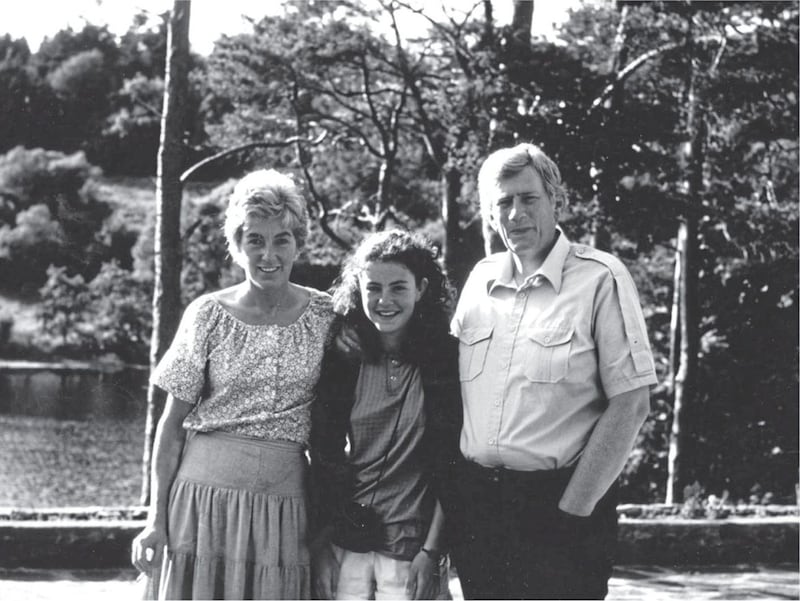
He says during his years in politics that he and SDLP leader John Hume, who now suffers from ill health, disagreed and admits there were times he wishes he had put up a stronger fight.
“I would have liked to but if I had I would have done the one thing I didn’t want to do and that was break up a relationship which was working,” he said.
He believes the journey for peace in the north, which some believe emerged from the Hume/Adams talks, was worth it despite the subsequent decline in the SDLP.
However, he believes that republicans should have been forced to disarm before being allowed to take up positions at Stormont.
“I think there was a point in that process where the governments had to say ‘you cannot go into a government as members of the government while you still hold arms’.
“It caused enormous difficulties for trying to keep an administration going.
“David Trimble was fighting every hour of the day with his own party about it.”
He believes Sinn Féin played their hand well.
“We were getting kicked about it and Sinn Féin used it very cleverly to do us damage and to further their own advantage,” he said.
Away from frontline politics Mr Mallon recounts how the Troubles often came close to home.
He describes how he was just yards away when two RUC men, Snowdon Corkey and Ronnie Irwin - both of whom he knew personally - were shot dead by the INLA in Markethill in 1982.
He talks about how he comforted Mr Corkey as he lay dying.
Mr Mallon also reveals that the infamous Glenanne Gang, which comprised members of the UDR, RUC and UVF, considered targeting his home with a bomb 1976.
The device was later left at the Step Inn in Keady killing two people.
The murder squad, which was based in the townland of Glenanne, close to Markethill, is believed to have been responsible for killing more than 100 Catholics.
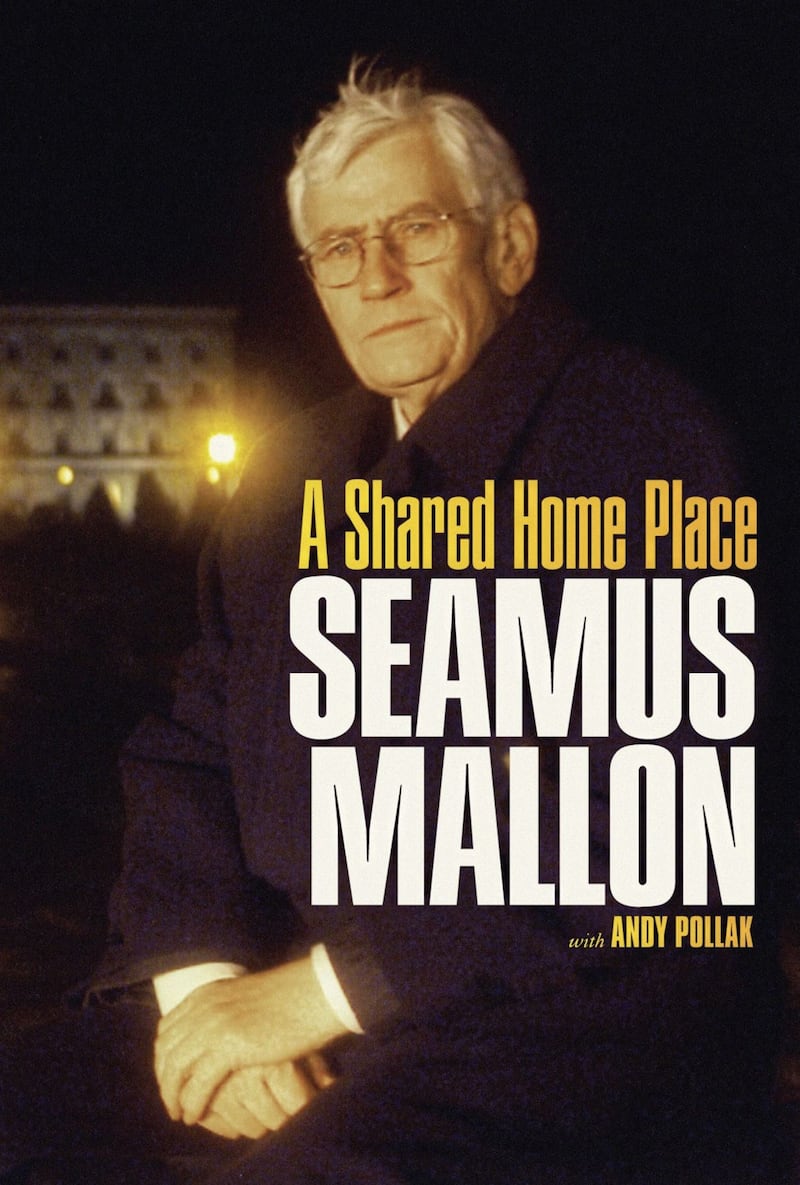
Mr Mallon knew some of those involved in the gang’s sectarian killing spree.
“It was such an awful concept that here you were, people in uniform whose role is to protect the public, and they are killing people,” he said.
As he looks back on his career Mr Mallon says that there are regrets about some of the decisions he had to make, including calling for the disbandment of the UDR.
“I would make the same decisions but I might have made them differently, handled it differently,” he said.
“I would like to have been more sensitive to people’s experiences, the bad experiences they had and should have been much more sensitive in relation to the changes which had to be made, which hurt a lot of people, good people.
“But they had to be made.”
A Shared Home Place’ (co-authored with Andy Pollak) is published by Lilliput Press.
